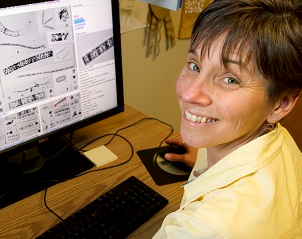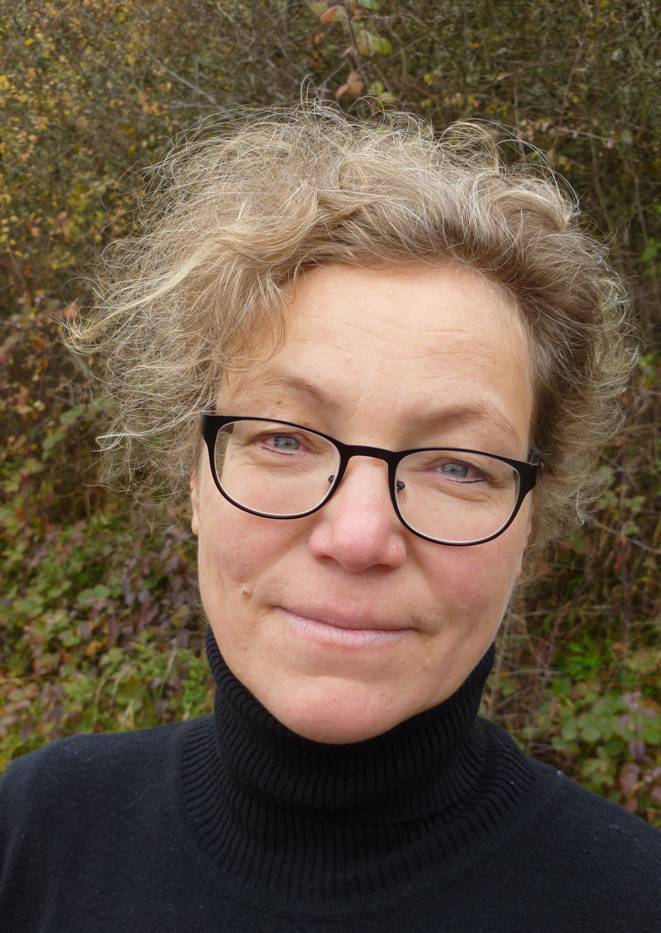
CYTO 2022 Plenary- Environmental Cytometry
-
Register
- Visitor - $50
- Bronze - Free!
- Silver - Free!
- Gold - Free!
- Platinum - Free!
- Community Administrator - Free!
- ISAC Staff - Free!
- Bronze Lab Membership - Free!
- Silver Lab Membership - Free!
- Platinum Lab Membership - Free!
Speaker: Heidi Sosik

Background
Heidi Sosik is a Senior Scientist at the Woods Hole Oceanographic Institution, where she has been on the faculty and staff since 1994, and currently holds the Stanley W. Watson Chair for Excellence in Oceanography. A biological oceanographer and inventor, Sosik and her co-workers have developed automated underwater analyzers that dramatically enhance scientists’ and resource managers’ ability to study microscopic organisms that fuel ocean food chains, interact with Earth’s climate, and sometimes produce harmful algal blooms that threaten ecosystem and human health. Sosik’s research and leadership have been recognized through numerous honors and awards including a Presidential Early Career Award for Scientists and Engineers, Fellow of The Oceanography Society and Sustaining Fellow of the Association for the Sciences of Limnology and Oceanography. Sosik holds S.B. and S.M. Degrees in Civil Engineering from the Massachusetts Institute of Technology and a Ph.D. in Oceanography from Scripps Institution of Oceanography at the University of California, San Diego.
Speaker: Susann Mueller

Background
Susann Müller completed her diploma in biochemistry and her PhD at Martin Luther University Halle-Wittenberg, Germany. In 2003, she habilitated in microbiology at the Technical University of Dresden, Germany, and in 2011 she received an apl. professorship at the University of Leipzig, Faculty of Life Sciences. Among other positions, she was president of the German Society for Flow Cytometry from 2008 to 2010. Her research focuses on the ecology of microbial communities in natural and managed systems using high throughput technologies for single cell analysis including cell sorting. In recent years, this approach has been used to generate cytometric fingerprints that can quantitatively and semi-automatically assess changes in microbial community structures and functions. Her current work is dedicated to elucidating ecological mechanisms that control microbial communities, with a focus on situations that stabilize communities in structure and function.
CMLE Credit: 1.0

